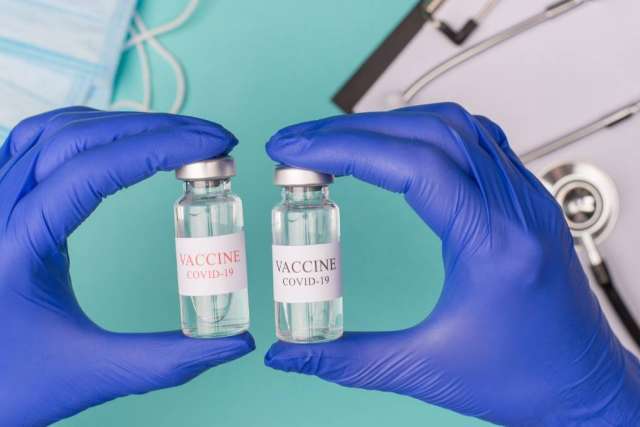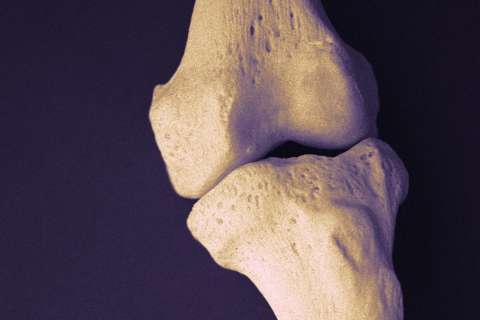Hello again, dear readers, and welcome to part two of our letters column about the COVID-19 vaccine. We continue to get questions about this topic and, because it’s so important, will continue to address them as quickly as possible.
-- Many of you are wondering if blood thinners, both prescription and over-the-counter, affect the coronavirus vaccine’s efficacy, and vice versa. It’s a question we’re getting from our own patients. The guidance at this time is to continue with blood thinners as prescribed, and to tell the person administering the vaccine that you are using them.
-- A reader who works in a hospital setting had a question related to Parkinson’s disease. “I’m a 71-year-old female who works part-time in a hospital, and I interact with staff and clinical equipment,” she wrote. “I have a strong family history of Parkinson’s disease and am concerned that the mRNA might have an unknown trigger effect for Parkinson’s disease.” There is no data at this time to support the idea that mRNA vaccines trigger Parkinson’s disease. However, we understand why this is a concern for you. We recommend discussing the issue with your family doctor, who can help guide your decision regarding the vaccine.
-- We heard from a daughter whose 72-year-old mother is eligible for the vaccine. “My mother was diagnosed with shingles this past January and is taking her medical treatment,” she wrote. “Do we need to wait for her to get the COVID-19 vaccine, or can she get it now?” The Centers for Disease Control and Prevention advises that no other vaccines be given within 14 days of getting the COVID-19 vaccine. However, there is no contraindication to receiving the COVID vaccine while taking shingles medication.

-- People who become infected with the coronavirus are often unsure exactly when it happened. A reader who recently lost her brother to COVID-19 has been left with this question. A cluster of infections spread through her brother’s small business over the course of 27 days, with a receptionist never becoming ill. “Could the receptionist have been asymptomatic?” she asked. “How long can an asymptomatic person transmit the virus?” A year into the pandemic, we know that the incubation for COVID-19 is between two and 14 days, hence the two-week quarantine recommendation. If the final person became ill 27 days after the first illness, then the receptionist could not have been the source of exposure for all of the infections.
-- Many people are concerned about allergic reactions to the vaccine. “I am an active 80-year-old and happen to be extremely allergic to bees and ants, and I carry an EpiPen,” a reader wrote. “I am wondering if I should receive the vaccination under a hospital setting?” Each vaccination site is required to have on hand the medicine and equipment to deal with adverse reactions to the vaccine. All patients are asked about their allergy status, and they are monitored for at least 15 minutes after receiving the vaccine. Be sure to disclose your allergy at your vaccination appointment, and speak up immediately if you begin to feel ill.
(Send your questions to [email protected], or write: Ask the Doctors, c/o UCLA Health Sciences Media Relations, 10880 Wilshire Blvd., Suite 1450, Los Angeles, CA, 90024. Owing to the volume of mail, personal replies cannot be provided.)





